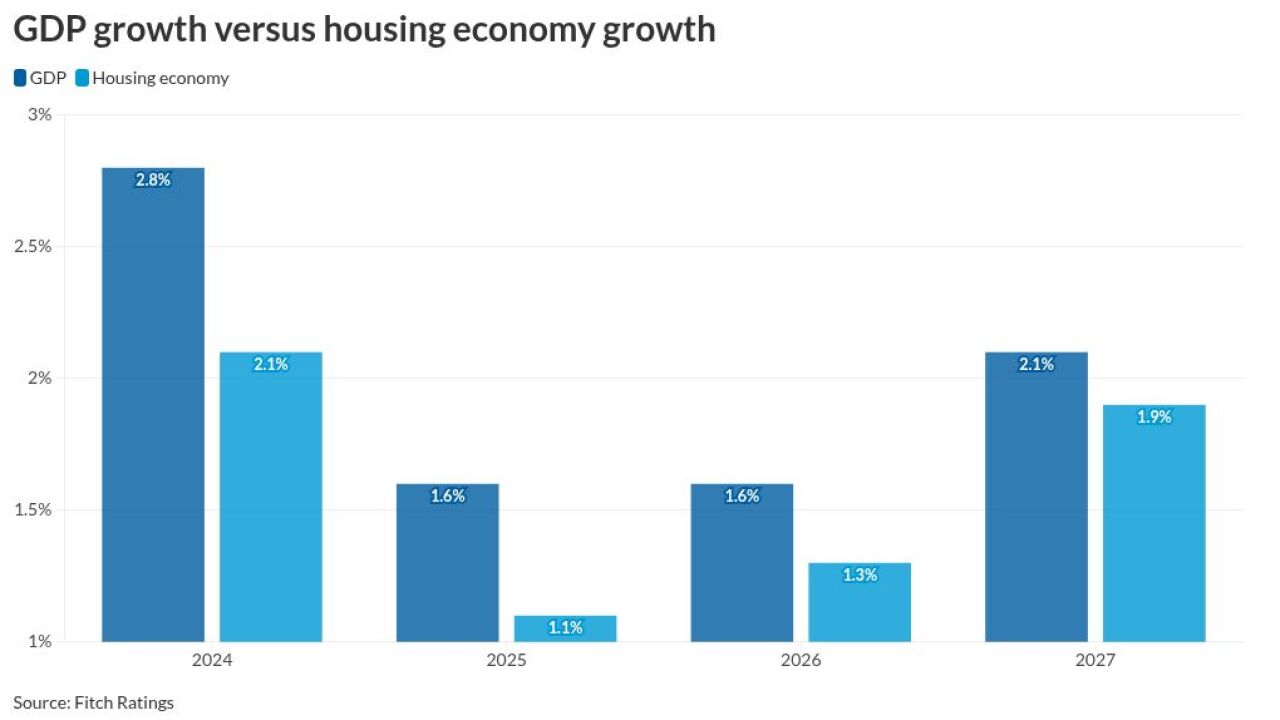(Bloomberg) -- The lender to Japanese farmers that once dominated the $1 trillion universe of collateralized loan obligations is seeking transactions in Europe that would set the seal on its global comeback.
Norinchukin Bank is in active discussions with managers of European CLOs to put money into the structured products that bundle up leveraged loans into bonds of varying degrees of risk, according to people familiar with the matter who aren’t authorized to speak publicly. The lender, often called Nochu, exited the market in 2019.
A return by the Japanese bank, even on a smaller scale than previously, would inject fresh demand into a European market where CLO costs have spiked to the highest in two years and slowed down the creation of new transactions. The unfavorable dynamics have led to several deals being delayed and a dip in issuance, with only three deals pricing this month so far compared with 11 in March.
A spokesperson for Norinchukin Bank declined to comment on its plans when contacted by Bloomberg.
The lender has previously indicated that it has no intention of taking on its former mantle as the world’s biggest buyer, a status that earned it the epithet ‘CLO Whale.’ Instead, the plan in Europe, as in the U.S., is to maintain its portfolio of CLO holdings, which has dropped some 40% from the heights of more than two years ago, according to people with knowledge of its intentions.
Japanese Scrutiny
A successful purchase in Europe would mark the return of the bank that at its peak amassed more than $70 billion of CLOs, roughly a fifth of the global market for the top-rated portions of the securities. Nochu reemerged in the larger U.S. market in the latter part of last year and has steadily continued to make purchases, according to people familiar with the matter.
A purchase is not imminent, according to one person familiar with its plans. The war in Ukraine and the subsequent volatility has slowed the investing process and it may be a couple of months before Nochu seals a deal.
Nochu’s outsized holdings of CLOs prompted intense political and regulatory scrutiny in Japan.
At one point in its voracious buying, Nochu accounted for as much as half of all the highest-rated CLO bond portions created in Europe and the U.S. That fueled concerns -- not just in its home country -- that a sudden retreat by the lender could spark a collapse, especially in the smaller European market.
Inside the CLO Whale’s Change of Heart on Its Investing Strategy
Chastened by the scrutiny, the bank opted in 2019 to take a step back from the market and let its assets under management roll off naturally.
Market Return
With its holdings, and the political furor about them, now much reduced, Nochu tiptoed back into the U.S. market last fall with a type of refinancing called a reset where it made a choice to stay in rather than be replaced with new investors. It then bought into a new deal as the anchor buyer of the AAA-rated bonds.
After Nochu’s move in the U.S., many market-watchers expected the bank to also return to the European market, since it had traditionally liked to balance multiple currencies in its portfolio. Despite the recent precipitous fall in the yen, European CLOs make sense for Japanese banks.
“The value is with European deals despite the increase in hedging costs,” said Laila Kollmorgen, a portfolio manager who oversees investments in both European and U.S. CLOs at PineBridge Investments.
More stories like this are available on
©2022 Bloomberg L.P.






